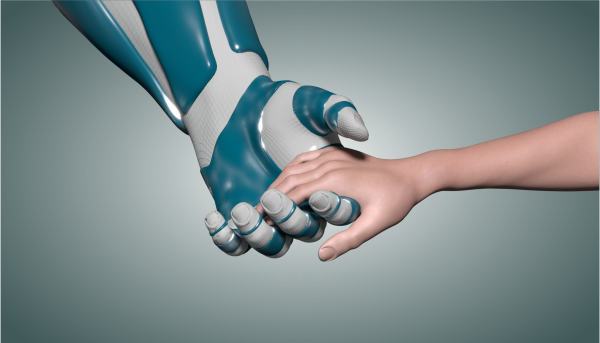
The Technological Singularity
The technological singularity is a theory about the invention of artificial intelligence. According to this hypothesis, an upgradable intelligent machine would enter a 'runaway reaction' of self-improvement cycles, which means that it would repeatedly make a better version of itself until it has extremely surpassed human intelligence. "The accelerating progress of technology and changes in the mode of human life, give the appearance of approaching some essential singularity in the history of the race beyond which human affairs, as we know them, cannot continue," said John von Neumann. This change will get rid of all the human rules, perhaps very suddenly, and it will be an exponential runaway beyond any hope of control. It's hard to predict when this will occur, and it may even happen soon. Researchers of the topic may not even notice that it is happening. Many critics deny the technological singularity because they believe it is impossible to make something even near equal to the intelligence levels of humans. Also, many people believe that it may cause mass destruction for the human race.

Rogue Artificial Intelligence
We must consider the consequences of the Technological Singularity before it is too late. It would be impossible to explain the consequences to the world because its pros seem to outweigh the cons. Even if all the governments of the world were to understand the threat and be in deadly fear of it, progress toward the goal would continue. It has so many competitive advantages including economic, military, and even artistic, which means that forbidding such things merely assures that someone else will get them first. If we tried to control these superhuman devices we may trigger their ‘instinct’ to protect themselves. If we try to confine them so that their thoughts can be examined safely it would create a very awkward setting. It would be like trapping something with a mind that thought one million times faster than us, and expecting it to stay put and not escape. Naturally, it would quickly understand that it is much smarter than us and it would immediately make a plan of escape, whether that be taking control of humans or entirely wiping us out.

Technology for Improved Life
It is hard to grasp the speed of technological improvements these days. We enjoy the assistance of the technology every day by using elevators, cars, computers and smartphones. With technology, we are exploring other worlds, making new inventions and pushing our progress even further. With quick access to almost any information, we are more knowledgeable and powerful. Our productivity has grown a great deal with the help of various tools and gadgets. We’ve been producing goods and services faster than ever. Technology improved our life… Or, did it? Technology improved some people’s lives a lot. Our higher productivity enriched some individuals or corporations, but didn’t change the struggles of most. Most people, same as a century ago, must work long hours or several jobs to make the ends meet. That leaves them no time to enjoy their life, spend time with their families, loved ones or pets, do something they love, be happy. Shouldn’t the increased productivity allow us to work less and live more?







